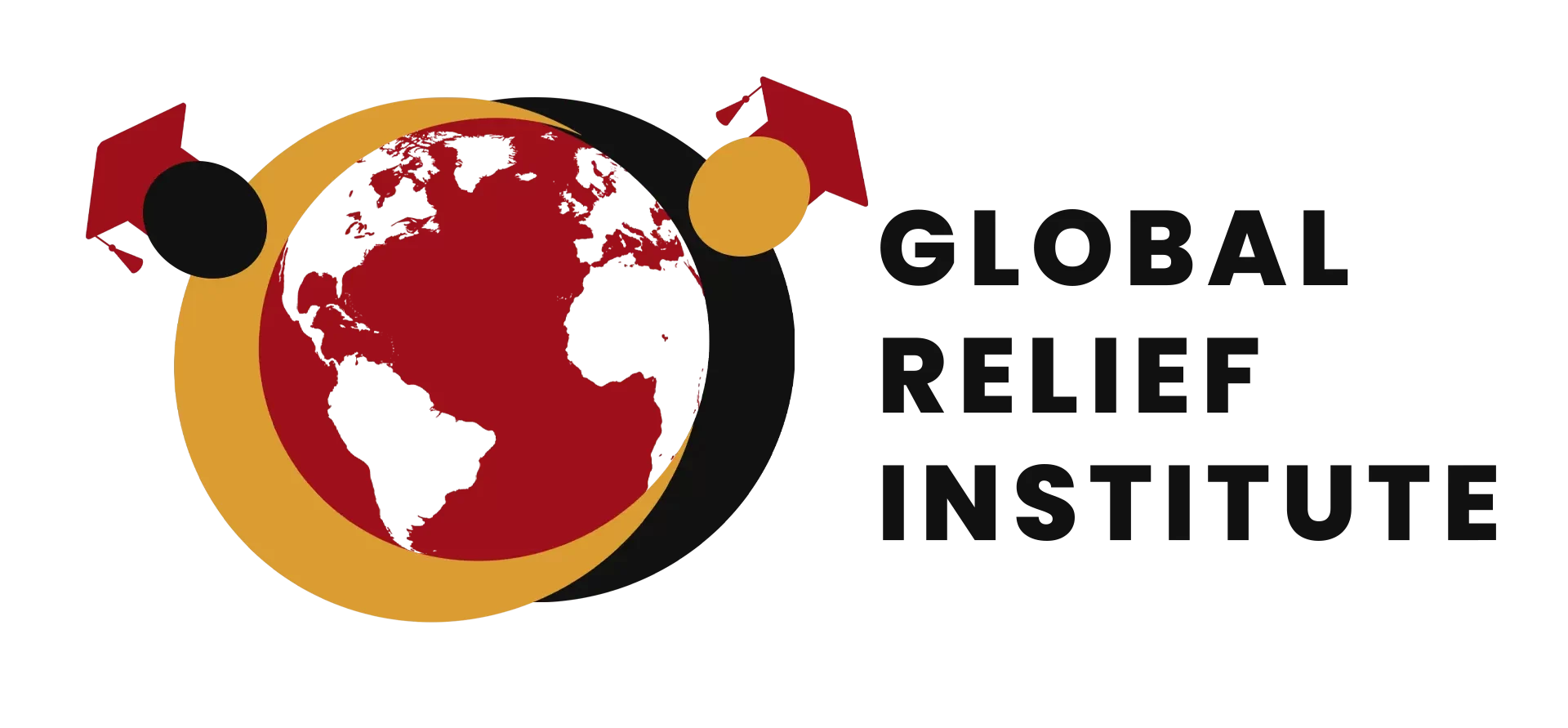- Organization
- Danish Refugee Council
- Posted
- Closing date
- 12 Mar 2025
About DRC
The Danish Refugee Council (DRC) is a humanitarian, non-governmental and non-profit organization, founded in 1956, that works in more than 35 countries around the world. DRC is one of the largest protection actors in Kenya, actively coordinating and advocating for improving the protective environment for refugees and host communities. DRC implements Protection monitoring, Child Protection and GBV prevention and response programmes in its areas of operation to address protection issues faced by displaced and non-displaced at-risk groups and individuals. The programme also aims to identify and build synergies with DRC´s Economic Recovery sector to facilitate durable solutions and Humanitarian Disarmament & Peace Building activities to enhance to respond to the needs of communities affected by acute crisis as well as those in protracted displacement situations.
DRC is working together with DERIS WANAAG to implement a strategic initiative aimed at enhancing peace, stability, and socio-economic development in the border regions of Kenya, Somalia, and Ethiopia. These borderlands have long been characterized by complex political dynamics, intercommunal tensions, and security challenges, exacerbated by factors such as historical grievances, porous borders, and the presence of violent extremist groups.
The project recognizes that sustainable peace and stability can only be achieved through concerted efforts that involve both governmental and non-governmental actors at national, sub-national, and community levels. It emphasizes the importance of holistic approaches that integrate security, development, and peacebuilding efforts to address the root causes of instability and build resilience against the influence of violent extremist actors
Overall purpose of the role:
In order to effectively implement these objectives, the project requires dedicated personnel with expertise in policy analysis, government relations, stakeholder engagement, and designing and delivering initiatives aimed at strengthening the capacity of government and institutions. The Policy Lead (Output 2 Lead) position is crucial for driving policy influencing initiatives and facilitating collaboration between the project and governmental stakeholders in Kenya, Somalia, and Ethiopia. The incumbent will play a central role in ensuring that project stakeholder engagement and interventions are informed by a nuanced understanding of local contexts and are aligned with national and sub-national policy frameworks.
Essential Duties & Responsibilities:
- Lead the implementation and adaptation of the project’s Output 2 strategy, including identifying opportunities and designing initiatives that strengthen the capacity of government and partner institutions (including security structures) to be more inclusive, trusted, effective, and able to deliver long-term stability and advance gender equality.
- Where appropriate and feasible, delivery of capacity building initiatives to project stakeholders, through mentorship, training and innovative approaches.
- Support the implementation of the project’s wider project political strategy, serving as a project focal point for key stakeholders, including government, security, civil society organizations and implementing partners involved in the project.
- Government Engagement: Lead the day-to-day engagement with government entities in line with the project’s stakeholder engagement strategy, and oversee the project’s engagement strategy at sub-national level:
- Government of Kenya (GoK): at national, county, and sub-county levels, including cross-border stakeholders.
- Government of Ethiopia (GoE): at national and regional (Somali Region) levels
- Federal Government of Somalia (FGS): at national and state (Jubaland) levels
- Stakeholder Engagement Strategy: Maintain and update a stakeholder engagement strategy, ensuring that the project’s Stakeholder Matrix is up to date and effectively utilised.
- Integration of Engagement into Intervention Design: Ensure the integration of national and sub-national engagement insights into the design of the project’s grant interventions, ensuring alignment with project goals and stakeholder needs.
- Lead development of the programme’s policy and advocacy strategy, informed by the project’s research and analysis component, by leading a deep political and policy assessment of each target country and identifying key legislative and policy interventions that could strengthen the government’s capacity to improve peace and stability in the borderlands.
- Coordination and Data Validation: Coordinate with the Violence Monitoring Lead to provide briefings at the sub-national level and validate data with key stakeholders to ensure accuracy and relevance.
- Reporting and Learning: Contribute to project quarterly reporting and participate in the development of learning products and events to share insights and best practices.
Experience and technical competencies:
- Extensive experience (at least 8-10 years) working in policy analysis, security sector reform, rule of law, government relations, or a similar role within the context of peacebuilding, conflict resolution, or development projects.
- Proven track record of successfully engaging with government and security sector entities and stakeholders at various levels.
- Strong analytical skills and the ability to conduct in-depth political and policy analyses.
- Excellent communication and interpersonal skills, with the ability to build and maintain effective relationships with diverse stakeholders.
- Demonstrated ability to work independently, prioritize tasks effectively, and meet deadlines in a dynamic and fast-paced environment.
- Experience working in the East Africa region, particularly in Kenya, Somalia, or Ethiopia, is highly desirable.
- Understanding of conflict dynamics, peacebuilding approaches, and development principles is essential.
- Commitment to the principles of inclusivity, diversity, and gender equality.
Education
- Advanced degree in Political Science, International Relations, Development Studies, Public Policy, or a related field.
How to apply
Only motivated applications that address the stipulated duties and meet the required qualifications, sent together with a CV, will be considered.
DRC only accepts applications sent via our online-application form on www.drc.ngo under Vacancies. Please remember to upload both a letter of application and your CV and do not attach any written recommendations.
Please submit your application and CV in English no later than 15th March, 2024
